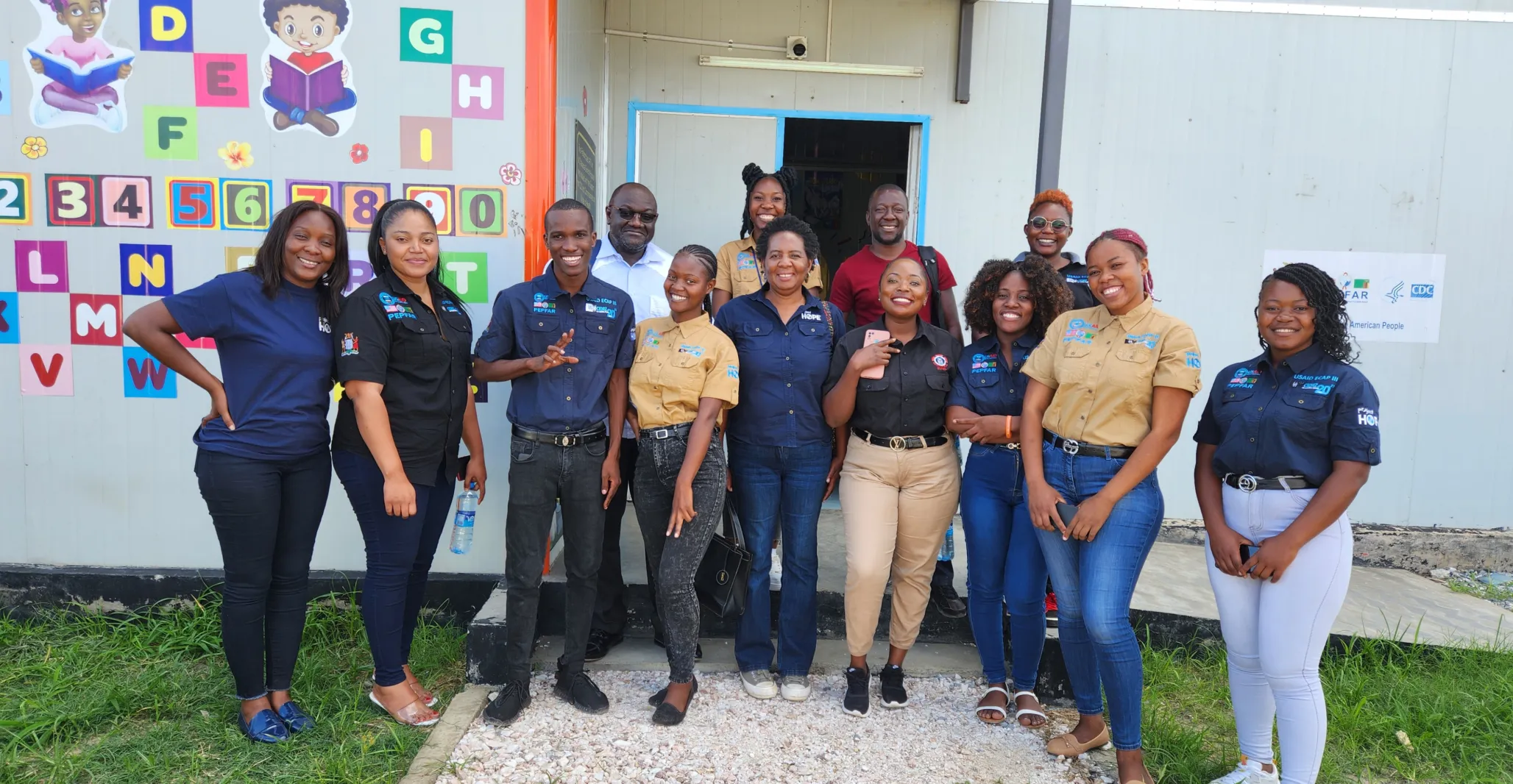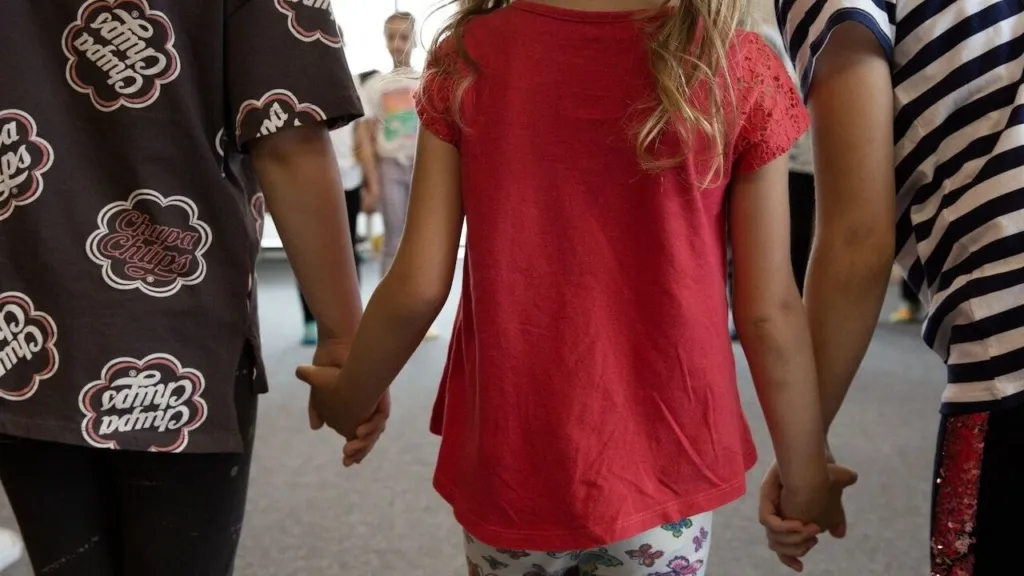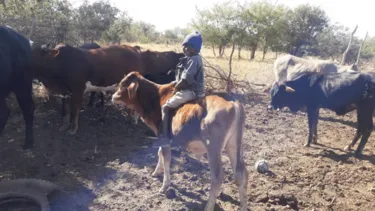

Zambia
Mitigating the effect of HIV and improving the health and well-being of vulnerable children and adolescents
The Context
Zambia has one of the highest levels of inequality worldwide. In rural areas, poverty and unemployment remain significant problems, made worse by a variety of factors, including a high birth rate and a relatively high HIV/AIDS burden.
HIV is the leading cause of death in Zambia. The country has a national HIV prevalence rate of 11% among adults and 15% among children. In 2022, an estimated 1.4 million people in the country were living with HIV/AIDS, with young women twice as likely to contract the virus than young men. Around 580,000 children and adolescents have been orphaned by HIV/AIDS since the epidemic began.
Zambia is facing a health worker shortage. The country has only 11 doctors, nurses, and midwives for every 10,000 people — merely half of the WHO minimum recommended threshold of 22.8 — and every year, around 10% of the health workforce is lost to attrition.
The healthcare gaps are highest in rural areas, where most of the country’s population lives.
Our Impact
Mitigating the Effect of HIV/AIDS
Addressing the needs of vulnerable children and adolescents is important to controlling the HIV epidemic in Zambia. Project HOPE, together with the Centre for Infectious Disease Research in Zambia, supports children vulnerable to HIV/AIDS and their families with health, education, livelihood, protection, and other social services.
Among other projects, this involves the implementation of digital health platforms to improve case management and the integration of child and household assessments and tiered case management, including support for child protection and positive parenting skills.
Mental Health and Resilience
Project HOPE and its partners are implementing mental health and resilience training for health care workers in Zambia to increase knowledge and access to tools and techniques to help health workers maintain their mental well-being.
Our History in Zambia
Project HOPE established an office in Zambia in 2019 to contribute to HIV epidemic control. Since then, Project HOPE has partnered with the Government of Zambia, the private sector, and local and international nongovernmental organizations to improve outcomes for HIV/AIDS; tuberculosis; malaria; maternal, newborn, and child health; and noncommunicable diseases, including mental illness. We also support and advocate for child and social protection activities and related health policies, while strengthening the local health system.



